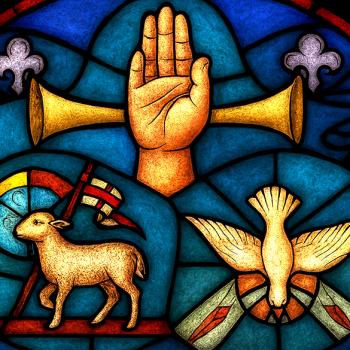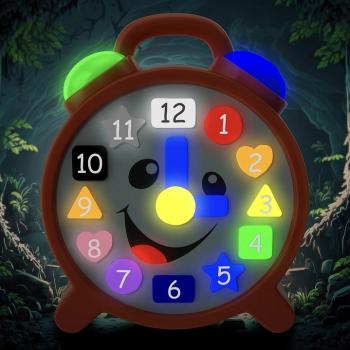 By Christopher Knowles
By Christopher Knowles
As I write these words, the pop culture phenomenon known as Dragon*Con is still a week away. What exactly is it? Well, Dragon*Con is not so much a convention as an alternate reality, a locus for the rapidly-expanding Geek Nation. It began as a gaming con (taking its name from Dungeons & Dragons) but has grown exponentially over the years and assimilated all kinds of other fannish pursuits, Borg-style.
In the early days, Dragon*Con fit comfortably into one venue; it now commandeers four of Georgia's largest hotels every August and shows no signs of slowing down. It's also a place where no genre property of countercultural pursuit ever dies: you'll see drumming circles and Wicca meet side by side with live-action role-play and Goth rock concerts.
The show's producers schedule different fan events along 'tracks'. So diverse and vital is today's genre entertainment that catchall tracks have to be created to accommodate them all. Hence there's a Whedonverse track, which incorporates Joss Whedon's various creations like Buffy the Vampire Slayer, Firefly, and Dollhouse. There's a British TV track that covers Doctor Who, Torchwood, Red Dwarf, Blake's 7 and other cult hits. Of course there's a Twilight track, though all of the other popular vampire-themed books, movies and shows have sizable contingents as well. Steampunk -- a kind of retrofitted Victorian sci-fi fantasy -- is hot, but venerable old fandoms for Star Trek, Star Wars, Stargate and Battlestar Galactica are still well represented.
One of Dragon*Con's main attractions are the thousands of "cosplayers" (from "costume play"), who spend most the year creating elaborate costumes based on their favorite genre characters. A lot of cosplayers are hardcore fans, but many others are more casual types who go for the raging parties and to show off their gym-toned Olympian figures and physiques. Cosplay contests draw enormous crowds and are simulcast on Dragon*Con TV, a live feed of events and fan films that all the local hotels carry over the weekend. The 'Dawn Look-A-Like Contest' (based on Joe Linsner's mystical comic book heroine) draws thousands of fans who cheer on incarnations of the goddess.
So why is Geek Culture resonating like no other time in history?
The cliché has it that there are no atheists in foxholes and a similar dynamic is at work in modern culture. As the wars, the Great Recession and all of the rest of our miseries grind on, people of all persuasions are finding a place to escape among all of the rich fantasy worlds of Geek Culture. Conventions are flouting economic trends and are growing at an astounding rate. The San Diego Comic-Con now draws upwards of 150,000 people, in a building a quarter-mile long. Besides rich fantasy worlds, Geek Culture offers something else in short supply these days: gods.
As I argue in my book Our Gods Wear Spandex: The Secret History of Comic Book Heroes, superheroes are not so much like the heroes of the ancient world as they are like the gods -- the savior gods, to be precise. Ancient heroes like Ulysses and Achilles were out to achieve immortality through feats of courage and endurance; they didn't much care about anyone else. Hercules (a hero turned demigod turned savior god) is the most direct parallel to heroes like Superman. Creators Jerry Siegel and Joe Shuster deliberately modeled Superman on figures like Hercules and his biblical counterpart Samson, with bits of back-story cribbed from Moses. In fact, gods like Horus and Mercury were explicitly used for heroes Hawkman and the Flash (as well as their many imitators).
If the gods once possessed ordinary people (think the Mysteries or Santeria), it's the other way around today. Video games and 3-D movies are more immersive than ever before. Virtual reality might never have become an actual reality, but today's computer imaging technology allows for the next best thing. And riding the crest of this digital wave is a new generation of gods: superheroes, fantasy characters, and even the old gods and heroes themselves.
The ancient hero Perseus made use of divine technology in his adventures, so it's no surprise that he's re-incarnated this year (alongside a whole host of ancient deities) in two separate 3-D hits. Perseus appears as a troubled teen in Percy Jackson and the Olympians: The Lightning Thief, and as himself in the more successful remake of Clash of the Titans (the Olympians also appeared this year in Gods of War III, an ultra-violent Playstation blockbuster). It could also be argued that Iron Man is yet another spin on the Perseus legend, and Iron Man II is one of the top three earners at the box office this year.




